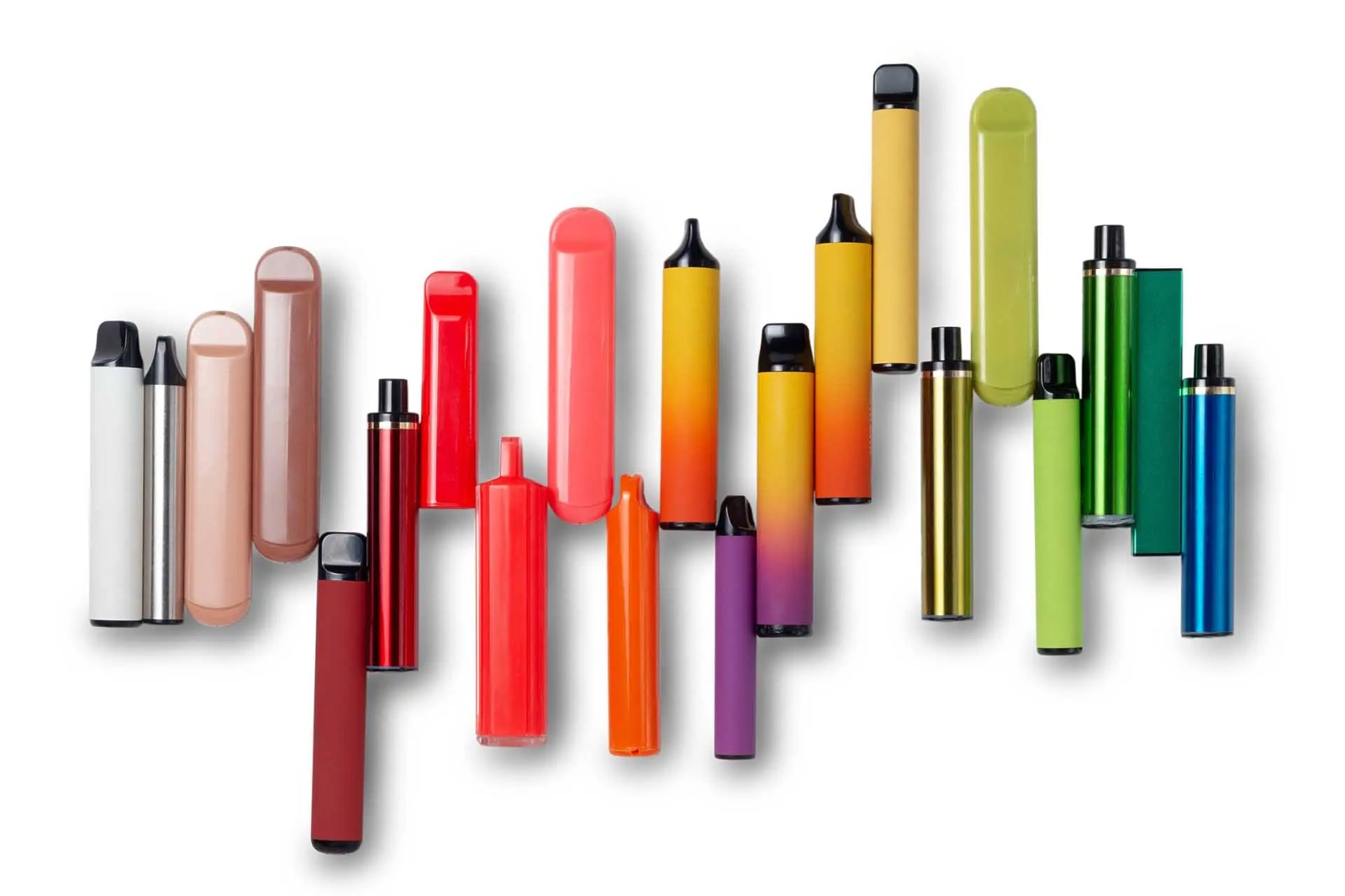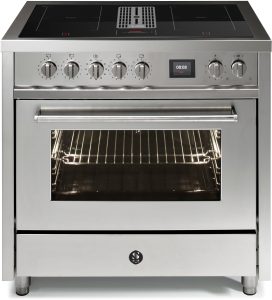Common Challenges in Amazon FBA Wholesale and How to Solve Them
Introduction to Amazon FBA Wholesale
Selling through Amazon has become one of the most profitable opportunities for entrepreneurs worldwide, and one of the most reliable models is Amazon FBA Wholesale. This method allows sellers to purchase products in bulk from established brands or distributors and resell them on Amazon with the fulfillment handled by Amazon’s logistics network. While the model offers stability and scalability, it also comes with unique hurdles that every seller must learn to overcome. Many businesses fail not because the model doesn’t work, but because they are unprepared to face the challenges of Amazon fba wholesale and create solutions that ensure long-term success.
Challenge 1: Getting Approved by Brands and Distributors
One of the biggest obstacles in Amazon FBA Wholesale is gaining approval from trusted brands and distributors. Many suppliers are cautious about who they work with, especially new sellers without a proven track record. If you struggle to get approved, focus on presenting yourself as a professional business with a registered LLC, a business bank account, and a reseller’s license. Building credibility helps suppliers feel more confident in granting you authorization. Networking, persistence, and a professional online presence are critical in this stage.
Challenge 2: Dealing with High Competition
Since Amazon FBA Wholesale involves selling existing products already in demand, competition can be intense. Many sellers target the same listings, leading to price wars and reduced profit margins. To solve this, focus on identifying products with stable demand but lower competition. Use tools to analyze market trends, sales rank, and competitor pricing strategies. Establishing strong supplier relationships can also give you access to products before other sellers, allowing you to secure profitable opportunities. In this way, you can stand out in the crowded Amazon fba wholesale marketplace.
Challenge 3: Thin Profit Margins
Unlike private label products, wholesale often operates with lower margins, typically between 10% and 20%. Sellers may find it difficult to grow revenue without scale. To improve profitability, avoid competing purely on price and instead focus on reliable products with consistent demand. Managing expenses, negotiating better deals with suppliers, and leveraging Amazon’s fee calculators to ensure your products remain profitable are essential. Many successful Amazon fba wholesale sellers rely on high sales volume across multiple products to balance the thinner margins.
Challenge 4: Cash Flow Management
Amazon FBA Wholesale requires significant upfront capital to purchase inventory in bulk. Poor cash flow management can leave sellers unable to restock profitable products, losing momentum and rankings. To avoid this, carefully plan your purchases and avoid overcommitting on slow-moving products. Start with smaller test orders, then scale gradually once you confirm demand. Using credit lines, business loans, or reinvesting profits wisely can also keep your Amazon fba wholesale operations running smoothly.
Challenge 5: Dealing with Amazon’s Policies
Amazon’s strict policies on product quality, authenticity, and seller performance can be daunting. A single violation, such as selling products without proper invoices or dealing with unauthorized suppliers, can lead to account suspensions. To protect your business, always source products directly from authorized distributors or brands, maintain proper documentation, and stay updated with Amazon’s latest policy changes. Compliance is not optional—it is the backbone of sustaining an Amazon fba wholesale business.
Challenge 6: Inventory Management and Stockouts
Running out of stock is one of the most frustrating issues for sellers. It can cause lost sales, lower rankings, and decreased trust from customers. On the other hand, overstocking ties up capital in inventory that may not sell quickly. To overcome this, track sales velocity using reliable software, forecast demand, and place orders strategically. Many successful Amazon fba wholesale sellers maintain strong communication with suppliers to ensure timely restocking and avoid disruptions in supply.
Challenge 7: Price Wars and the Buy Box
The Buy Box is where the majority of sales happen on Amazon, but competing for it often leads to aggressive price wars. Constantly lowering prices may increase short-term sales but hurt long-term profitability. To avoid this, adopt pricing strategies that balance competitiveness with profit. Some sellers use automated repricing tools that adjust prices dynamically without undercutting too aggressively. Winning the Buy Box consistently is key to scaling an Amazon fba wholesale business successfully.
Challenge 8: Scaling the Business
While many sellers find initial success, scaling an Amazon fba wholesale business can be difficult without the right systems in place. Expansion requires diversifying product lines, adding more suppliers, and possibly hiring a team to handle operations. Automating processes such as repricing, inventory tracking, and accounting can save time and reduce errors. Sellers who systematize their approach can grow from small operations into large, sustainable businesses.
Challenge 9: Building Long-Term Supplier Relationships
Sourcing products is not just about finding suppliers but also about building relationships. Many beginners treat suppliers as one-time vendors, missing opportunities for discounts, exclusive deals, and priority access to inventory. Successful Amazon fba wholesale sellers develop long-term partnerships through clear communication, consistent orders, and professionalism. Strong supplier relationships often lead to better margins and more reliable inventory access.
Conclusion: Overcoming Challenges in Amazon FBA Wholesale
While the path of Amazon FBA Wholesale is filled with challenges, each obstacle also presents an opportunity to grow stronger as a business owner. By mastering supplier negotiations, learning to manage competition, maintaining compliance, and focusing on efficient cash flow, sellers can create a resilient foundation for success. The reality is that Amazon fba wholesale continues to be one of the most stable and scalable models in e-commerce, provided you approach it strategically. With persistence and the right solutions, these challenges become stepping stones toward building a profitable and long-lasting business.














Post Comment